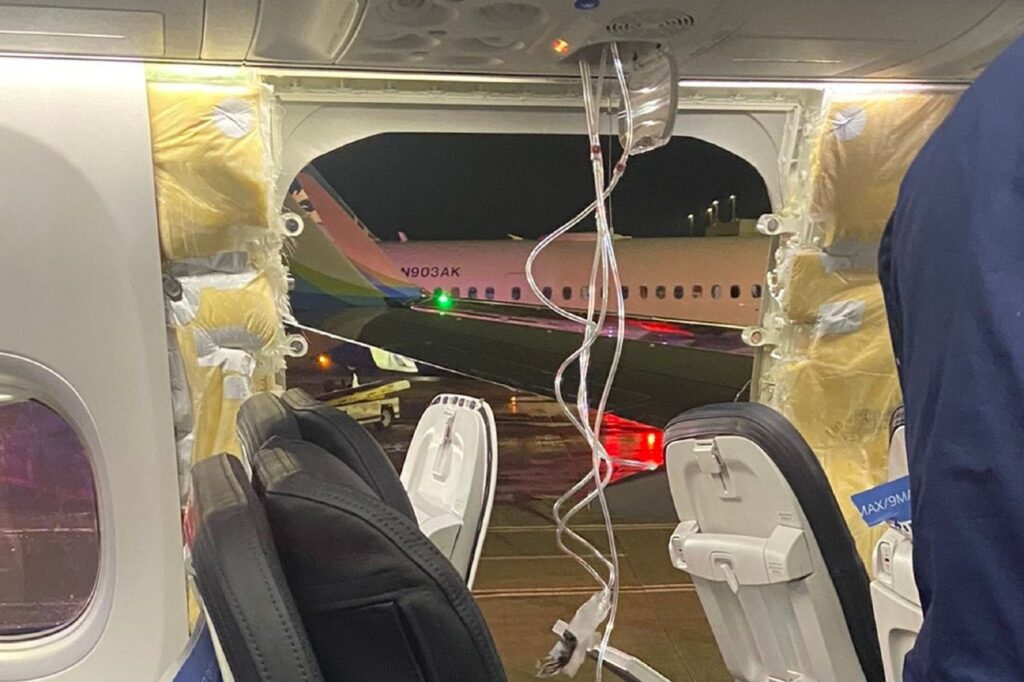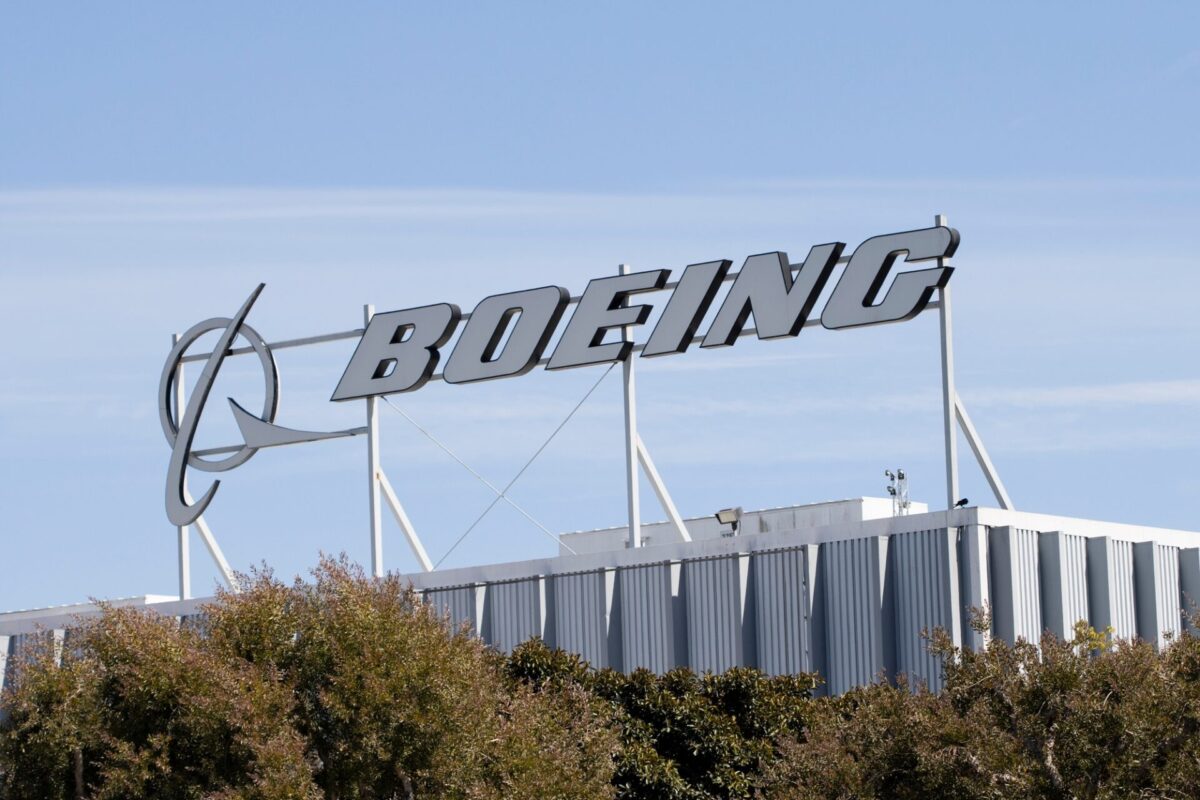A federal judge in the US has rejected Boeing’s plea deal seeking to absolve the Chicago-based planemaker from any criminal liability and avoid prosecution following two accidents that overshadowed the entry into service of its 737 MAX aircraft. The ruling effectively means that the potential for corporate criminal conviction still hangs over the company, marking a final twist in what has been a grueling year for the US aircraft manufacturer.
On Thursday, December 5, 2024, US District Judge Reed O’Connor came down on the side of the families who lost loved ones in the two accidents. They had been arguing for the Court to reject the proposed plea deal. In his ruling, O’Connor stated that provisions in the proposed settlement agreement would “improperly require race to be considered in the hiring of an independent monitor and that his role in making sure Boeing abides by the deal would be minimized,” as well as creating a relationship that might not be in the best interests of consumers.
For several years, the families of the victims have been fighting for Boeing to face harsher penalties following the accidents involving Lion Air Flight 610 in October 2018 and Ethiopian Airlines Flight 302 in March 2019. Investigators found that both crashes resulted from software faults in the 737 MAX series flight control system.
Earlier in 2024, Boeing provisionally agreed with the US Justice Department to plead guilty to criminal conspiracy, pay a fine, and have an independent corporate monitor assigned to the company for oversight purposes. The planemaker was also compelled to spend at least $455 million to bolster its compliance and safety programs under the terms of the proposed agreement.
Following the Alaska Airlines Boing 737 MAX 9 door blowout in January 2024, the US Justice Department revisited Boeing’s deferred prosecution agreement, reached following the two fatal 737 MAX crashes. The department subsequently recommended that criminal proceedings be instigated against Boeing, saying that the company had failed to follow agreed safety protocols after the two accidents. It was this move that led to the plea deal being negotiated.
Rejecting the plea deal
In his rejection of the deal, O’Connor cited provisions in the agreement related to the selection of the independent monitor, including specific language directing prosecutors to consider diversity, equity, and inclusion policies. The judge also took exception to requirements under the deal that would result in the monitor reporting to the US Government rather than to the court.
In this latest hearing, the judge declared that, despite Boeing being under the US government’s supervision for three years, it had failed to act with safety as its priority and had effectively breached the deferred prosecution agreement.
“It is fair to say the Government’s attempt to ensure compliance has failed,” O’Connor said. “At this point, the public interest requires the Court to step in. Marginalizing the Court in the selection and monitoring of the independent monitor as the plea agreement does undermines public confidence in Boeing’s probation, fails to promote respect for the law, and is therefore not in the public interest.”
O’Connor added that any deal to be made with the US Government would have increased his concerns that race would likely be a key factor for the government in selecting a monitor, going so far as to suggest that he is not convinced the government “will not act in a non-discriminatory manner” in making such a decision.
He also questioned how Boeing might apply the diversity and inclusion requirement. Under the plea agreement, the company would have had the ability to reject one of six monitor candidates selected by the government. O’Connor said he was concerned the company could use the diversity clause to eliminate a candidate “in a discriminatory manner and with racial considerations”.
Next steps
The judge asked both sides to confer and decide on the next steps, which could include revising the plea agreement to address the concerns raised. No further statement has been made by Boeing following the latest ruling rejecting the plea deal.
Following the ruling, lawyers for the victim’s families said that the judge’s rejection of the proposed plea deal puts an end to the “kid-glove treatment of Boeing” by the US government amounting to protectionism and favoritism. “We look forward to a dramatic renegotiation of the plea deal and the inclusion of new terms that adequately reflect the magnitude of Boeing’s crimes,” said lawyer Erin Appelbaum, acting for the families.
A bad end to a bad year for Boeing
This latest turn of legal events comes as a further setback for Boeing, which has been trying to regain control of its commercial airplane business after what has clearly been a terrible year for the firm. Its ongoing woes have included safety concerns, production delays, senior management resignations, industrial action, and a loss of shareholder trust.
Boeing shares lost around 39% of their worth between the start of 2024 and the time of writing, and this has been the result of the cumulative turmoil engulfing the manufacturer.





